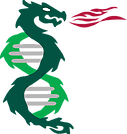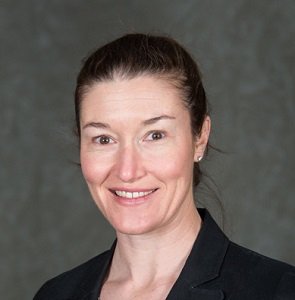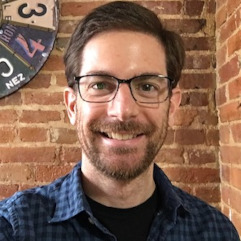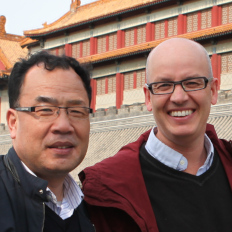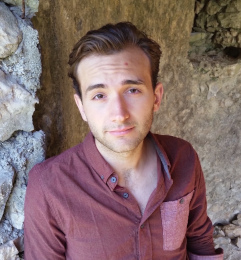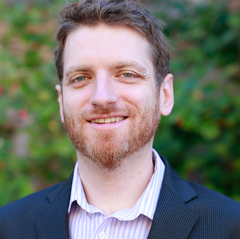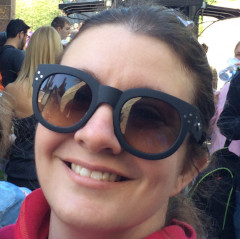The Symbionts
The Research Symbiont Awards, given annually, recognize exemplars in the practice of data sharing. It is a companion to the Research Parasite Awards.
There are two Research Symbiont Awards:
- Early Career Clinical Research Symbiont Award: This award is restricted to early career symbiotic scientists (including but not restricted to postdocs, graduate students, or recently appointed principal investigators) working on human health.
- General Symbiosis Award: This award is given to a scientist working in any field who has shared data beyond the expectations of their field. For example, we seek applications from symbiotic scientists working in sociology, ecology, astrophysics, or any other field of science.
The process for applying for an award is described below.
Award winners will receive a prize of up to $2,500 to be spent on conference registrations and or professional society membership fees. They will also be virtually recognized at the 2022 Pacific Symposium on Biocomputing (January 3-7, 2022). In addition, winners will receive a very cool stuffed animal.
Annual Sponsors
Wellcome Trust
Wellcome supports science to solve the urgent health challenges facing everyone. We support discovery research into life, health and wellbeing, and we’re taking on three worldwide health challenges: mental health, global heating and infectious diseases.

Dragon Master Foundation
We're creating paradigm shifts in the fields of research and precision medicine. We want to promote a culture of collaboration, where patients are empowered to understand and use their data, and clinicians and researchers have access to the resources they need to conduct truly rigorous and valuable studies.
